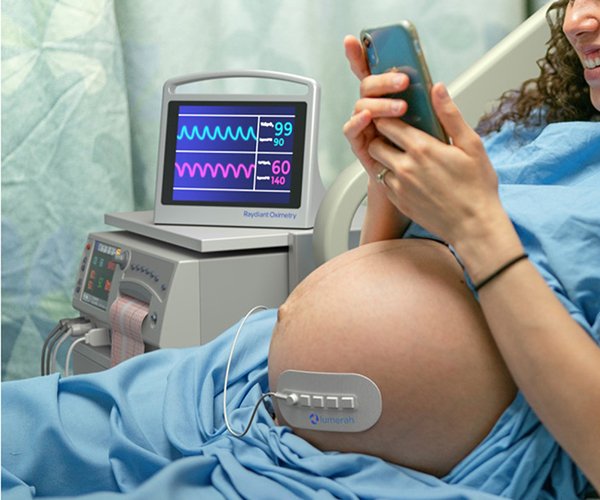
GE HealthCare and Raydiant Oximetry have launched a joint development initiative aimed at revolutionizing fetal monitoring by advancing fetal oxygen saturation technology. By incorporating direct measurements of fetal blood oxygen levels during labor, the companies aim to offer clinicians a more accurate and timely assessment of fetal distress. This innovation could significantly enhance the decision-making process in obstetric care, addressing a critical gap in current monitoring practices.
Fetal pulse oximetry, developed by Raydiant Oximetry, is designed to provide real-time, non-invasive data that can improve the sensitivity and specificity of distress detection. Early clinical studies suggest this could reduce unnecessary emergency cesarean sections and lower the risk of neonatal neurological injuries. With FDA Breakthrough Device Designation and a completed Early Feasibility Study, the technology is poised for further development and integration into GE HealthCare’s existing perinatal care systems.
This collaboration represents a strategic effort to modernize fetal monitoring tools and respond to global trends in maternal care. By co-developing solutions that merge Raydiant’s cutting-edge sensor technology with GE HealthCare’s digital platforms, the partnership seeks to deliver smarter, safer, and more effective perinatal care. The outcome could shape the future standard for labor and delivery, helping ensure healthier outcomes for both mothers and babies.
MedTech Spectrum's Summary
GE HealthCare and Raydiant Oximetry are jointly developing fetal pulse oximetry to improve labor monitoring.
The technology aims to reduce emergency C-sections and improve newborn outcomes by detecting fetal distress more accurately.
With FDA support and early clinical validation, the initiative sets the stage for a major advancement in perinatal care standards.